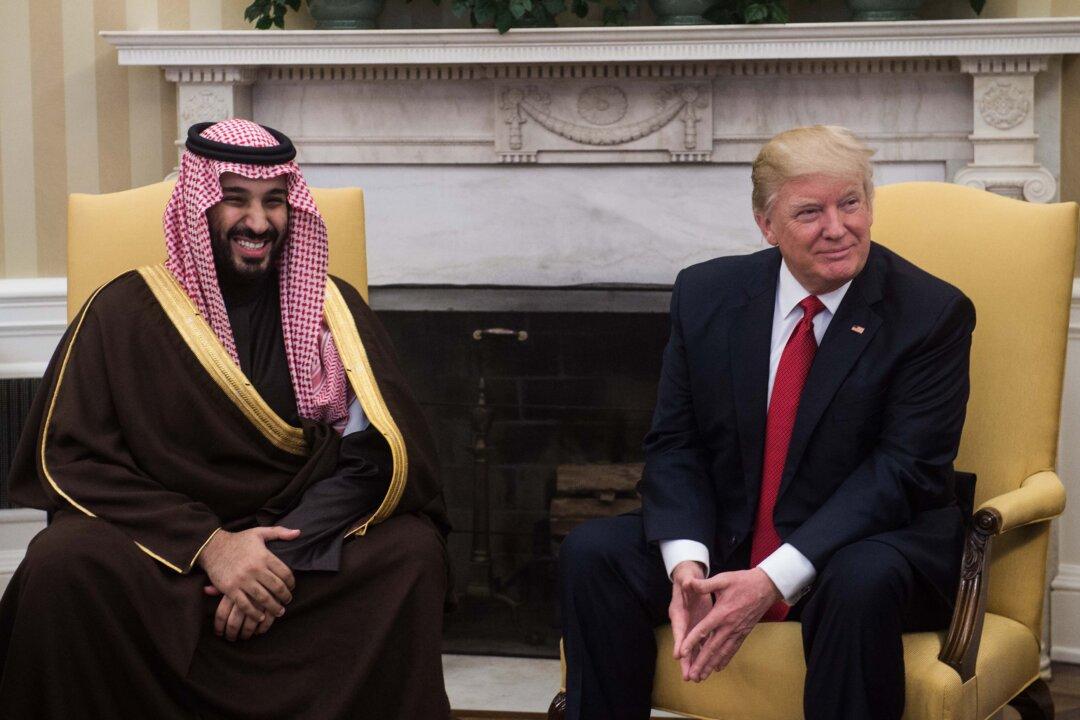News Analysis
As Secretary of Defense Mark Esper tours the Middle East amid growing tension between Tehran and Washington, the relationship between President Donald Trump and Saudi Arabia’s de facto leader, crown prince Mohammed bin Salman, continues to move from strength to strength—not only based on regional security needs, but on Saudi Arabia’s new vision for its own societal, economic, and political development.





